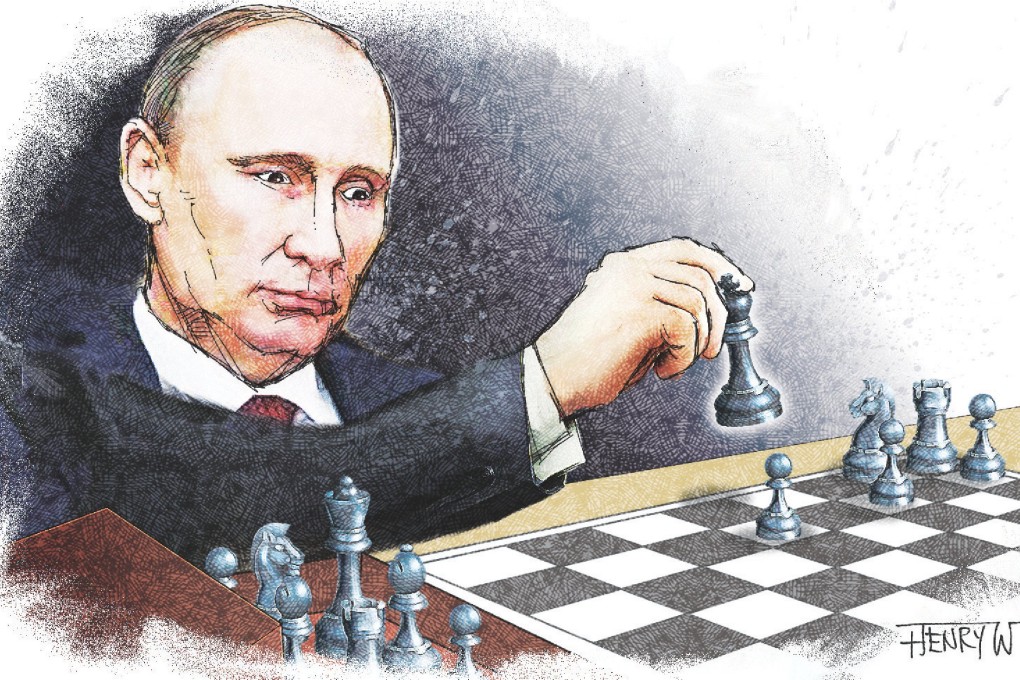Putin must make war, but not in Ukraine
Guru Ramakrishnan believes that by agreeing to lead a coalition war against Islamic State, the Russian leader could get the crippling economic sanctions lifted and ease tensions over Ukraine, thus securing his legacy

The world needs a robust solution to two concurrent geopolitical problems which have imposed a latent tax on global trade and growth. The ballooning threat of Islamic State in the Middle East and the escalating Russian-Ukrainian conflict need swift action and resolution. Both these developments have posed a foreign policy quandary for the West and require unusual dexterity and out-of-the-box thinking by the Nato countries to resolve.
At this stage in the game of Russian roulette, Vladimir Putin should focus on his legacy and how history will judge his impact as the leader of Russia. During the past 12 months, Russia's economic crisis has steadily deteriorated.
But, just a little while ago, things did look rosy under Putin's leadership. The Russian economy saw marked economic improvements across the board. Russia embraced free market reforms, engaged in open trade and focused on delivering growth for its people. During this era, real per capita incomes for Russians doubled. The economy averaged gross domestic product growth rates of 4.5 per cent and unemployment in the country came down from 14 per cent in 1998 to 5.2 per cent in 2013. With the help of the central bank, inflation was swiftly curtailed from 80 per cent in 1998 to a more manageable 6.5 per cent by December 2013.
All this hard work by Putin and his economic team went awry in 2014, due to Russia's decision to annex Crimea, together with their recent proxy war in Eastern Ukraine. Much to his chagrin, the economic sanctions imposed by the West have now crippled the Russian economy, contrary to Russian belief.
Is there a viable exit strategy for Russia?
One way out is through working with the United Nations to help lead ground troops into Iraq/Syria to battle Islamic State. This solution will require Russia to commit ground troops. Rather than engaging in a ground war with Ukraine - its closest trading partner - Russia should refocus its efforts on leading the UN, Iranian, Syrian and US-trained Iraqi forces to put an end to the global terrorist threat of Islamic State.
Syria and Iran will agree to such a coalition on account of their long-term relationship with Russia and their immediate need to remove Islamic State from their own backyards. Once the Islamic State threat is eradicated, the UN-led coalition should ensure Russia's orderly withdrawal from the Middle East.